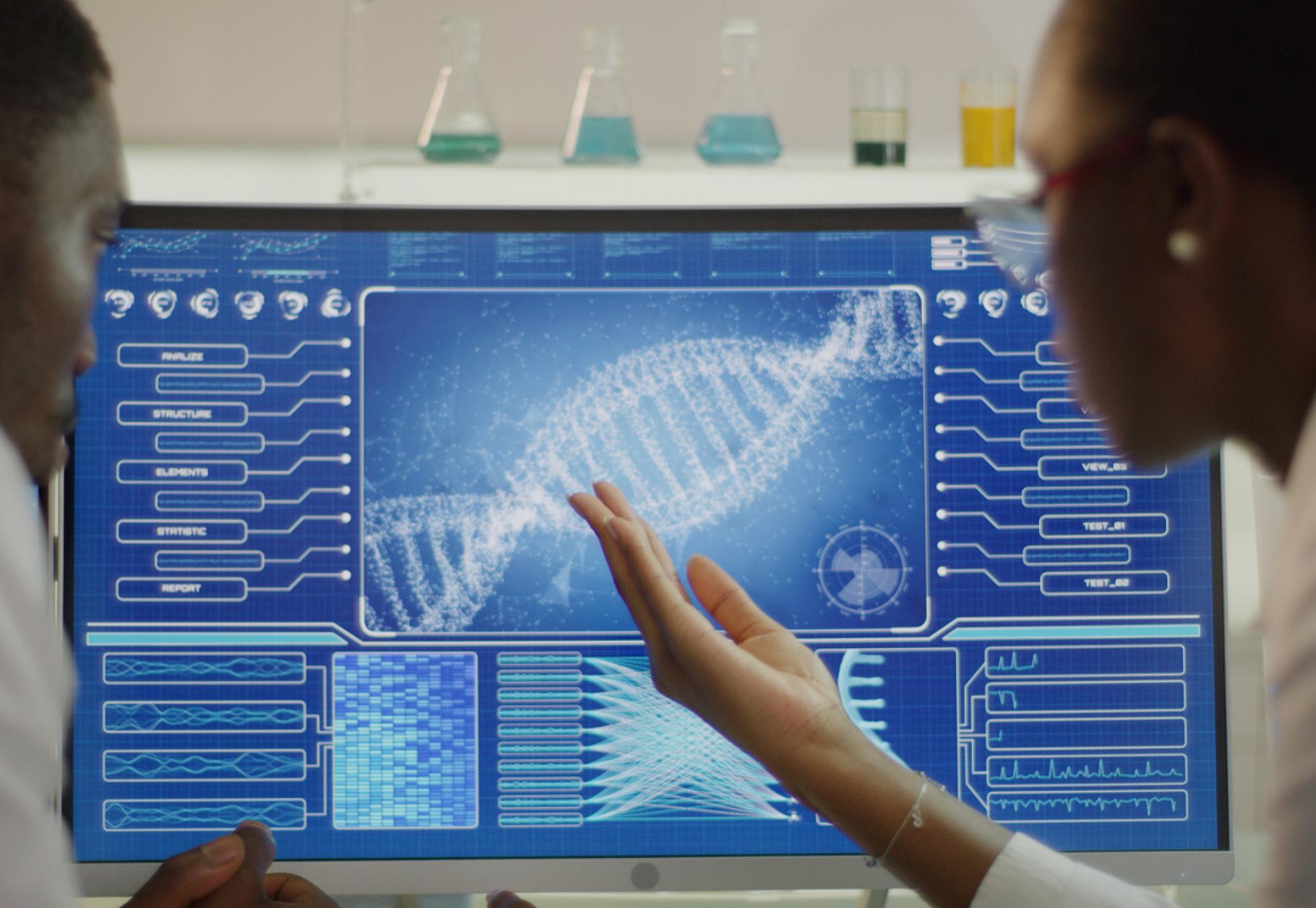A new clinic at Cambridge University Hospitals NHS Foundation Trust (CUH) is harnessing the power of genetic testing to benefit children and young people with hearing loss.
The facility is said to offer a “truly combined service” with clinical genetic, otology, and ear, nose and throat all working as one under the same banner. By working this way, patients can get more accurate diagnoses and therefore quicker treatment and care.
The genetic testing at CUH’s Addenbrooke’s Hospital involves a simple blood test which then, ideally, gets compared to a blood sample from both parents. After this, the Addenbrooke’s-based NHS East Genomic Laboratory Hub provides the genetic testing.
Professor Manohar Bance, an Ear Surgeon in the Ear, Nose and Throat Department that leads the service, said: “Genetic testing for hearing loss is time sensitive. The ability to get a diagnosis for a child as soon as possible means that they can access the most appropriate treatment quicker and improvements can be made for them.
“Since we have included Clinical Genetics as an integral part of our service, patients have been able to receive a much enhanced service. There are many novel ways to treat hearing loss such as gene modification therapies which will have an increasingly important role in patient care and management.
“The joint service will be able to help the adoption of such treatments when they are seen to be beneficial to patients with certain genetic conditions.”
The trust say that developing the genetic capabilities of the clinic can forge the path ahead for more clinical areas to adopt, and ultimately integrate, genetic testing into its standard practices, further enhancing the NHS’s capacity to deliver more precise diagnoses and speedier healthcare as a result.
This will also underpin care and treatment at the new Cambridge Children’s Hospital when it opens.
CUH Clinical Geneticist, Dr Simon Holden, added: “The clinic provides an important bridge for the ENT, Audiology and Clinical Genetics services which allows us to optimise genetic testing and genetic counselling for patients and their families. By working together, we can provide more immediate counselling to patients and their families when this is needed.
“Joint working is also particularly important when it comes to the interpretation of genetic test results, some of which, due to naturally occurring rare genetic variation, can be complex. This aspect of our work is managed through the multidisciplinary team meeting which is linked to the clinic.”



















